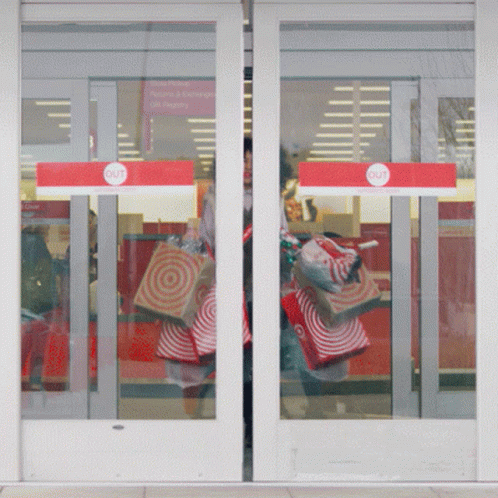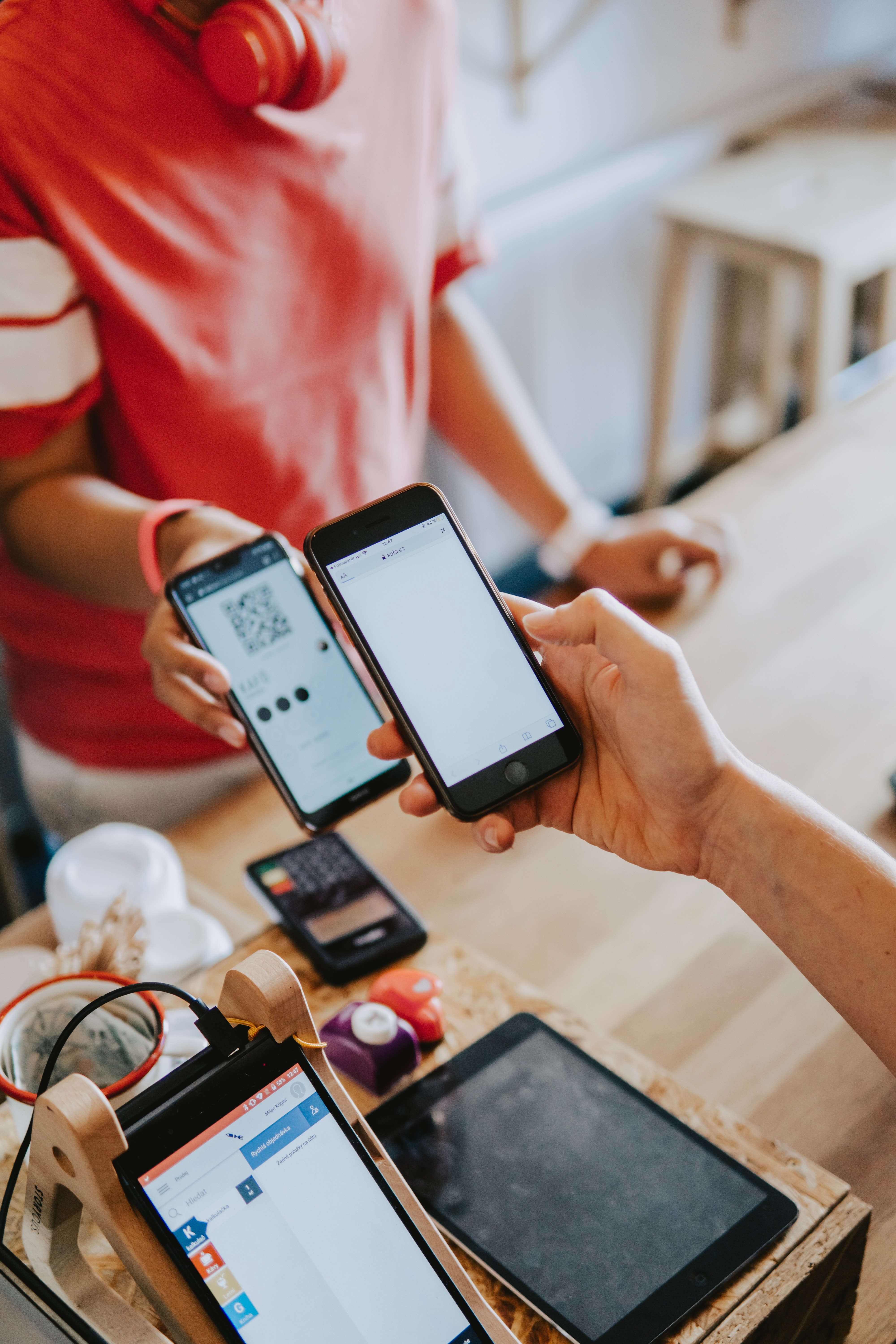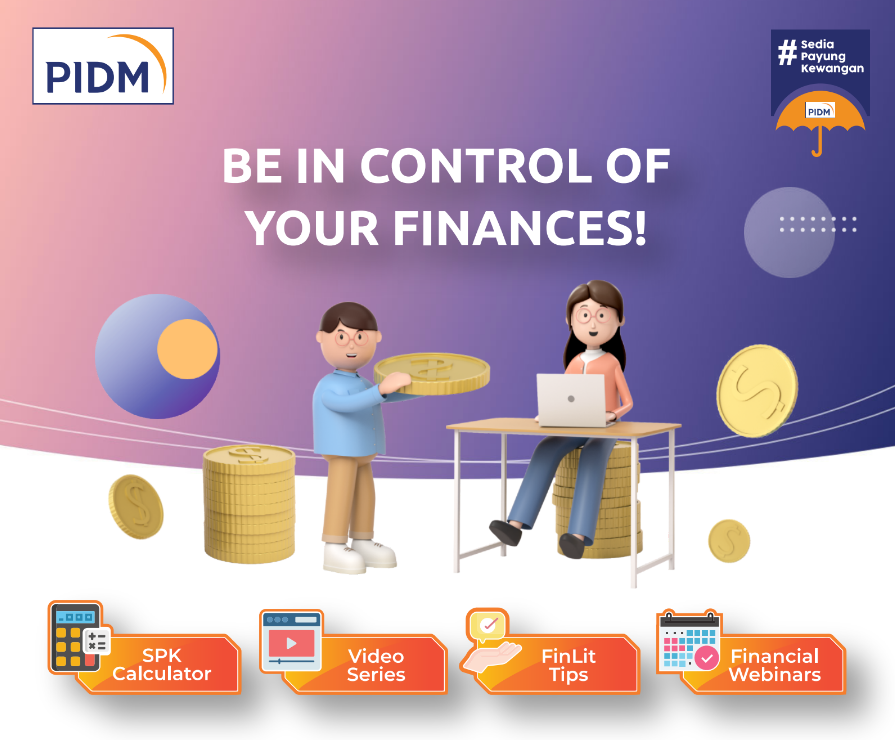"Do I Have To Have It Now?" And 3 Other Questions To Ask Yourself Before You Buy Something
Just taking a moment to stop and think twice before buying something can go a long way in helping you spend less.
When it comes to shopping, we all have that urge to impulsively buy something that catches our attention
More often than not, we end up paying a lot for something that we'll only use once, or perhaps even never at all. Of course, it's nice to splurge and treat yourself every once in a while, but if you're not careful, impulse buying can turn into a habit that leaves you financially strapped.
To help Malaysians with this, Perbadanan Insurans Deposit Malaysia (PIDM) has come up with simple questions to ask yourself that'll help you better manage your spending.
Here are four questions you should ask yourself before you buy something when that shopping bug strikes:
1. "Do I have to have it NOW?"
Sometimes, a bit of time is all you need to figure out why you wanna buy a particular item. Do you actually need it, or are you getting it for some other reason?
You could just be shopping emotionally, stress-buying, reacting to something somebody said, or just giving in to peer pressure. None of these are good reasons to spend your hard-earned money on what could turn out to be a meaningless buy.
Tip: When shopping online, leave the item you want in your cart for a day or two and see if you end up coming back to it later.
2. "Can I afford it?"
Many times, spending is a spur-of-the-moment decision that only really hits home when that monthly statement arrives. That's why you should always ask yourself if you can really afford something before buying it. And not just when you're buying big ticket items, but also when making smaller purchases too.
When spending on a single big ticket item, like a branded bag, kitchen appliance, or tech gadget, you're more likely to think about affordability. Whereas, when making a bunch of supposedly negligible small purchases, we don't think too much about it because the amount is usually affordable. However, it's these little bits and bobs that inevitably add up and make a dent in your wallet.
Tip: Save up for big purchases by giving up on small, usually unnecessary, and seemingly cheap items.
3. "By buying this item, what else am I giving up?"
An unplanned purchase can end up impacting or causing disruptions to something that you do have plans for. For example, suddenly deciding to buy an expensive pair of shoes can mean that you have less to spend on your upcoming travel plans.
In a worst case scenario, constant impulse buying may even affect your savings in the long run. It's not always just whether you can afford the item right now that matters, but the future impacts of the purchase.
Tip: Set aside some money for sudden purchases so that you won't go off-course too much.
4. "Should I use cash or credit?"
With so many cashless options available to us now, from credit cards and monthly installments to e-wallets, it can be easy to end up spending more money than you currently have.
But, is what you're buying really worth doing that for? There's no easy answer to this, but as a rule of thumb, you should only do it if it adds immediate and tangible value to your life.
Tip: Determine if your item is a 'must-have' or a 'good-to-have'. Buy the first type with cash, and only buy the second type if you have enough funds.
If you need more ways to manage your money better while also living a meaningful, enjoyable life, you might find something of value through the #SediaPayungKewangan campaign by PIDM
Launched on 26 July, #SediaPayungKewangan is a financial resilience campaign that particularly targets millennials at various life stages and aims to spur conversations that will help them be better prepared to face financial challenges and emergencies. Through this campaign, PIDM also aims to get these conversations sustainable and inculcated into the public's daily lives.
As part of this, you can expect various on-ground and digital activations from now until 30 September 2022. Some of the digital features include informative animated videos, an Instagram account on financial tips and info, and various easy-to-consume financial literacy content.
One of the key highlights of the campaign is the SPK Calculator, a free, interactive tool that calculates how much you need to save up for emergencies based on your income and expenses.
As for the on-ground events, look forward to roadshows in four states, starting with the Klang Valley on 6 August, and traveling south to Seremban, Melaka, and Johor to cover 25 locations over 21 days.
For more information on #SediaPayungKewangan, check out the campaign microsite, where you can also access videos and articles to guide you on how to be more financially resilient






